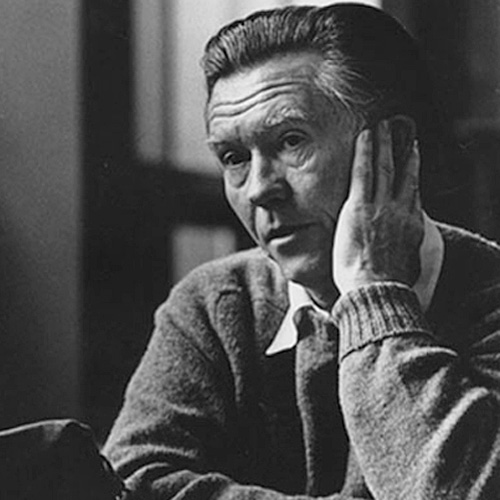Anyone with quiet pace who
walks a gray road in the West
may hear a badger underground where
in deep flint another time is
Caught by flint and held forever,
the quiet pace of God stopped still.
Anyone who listens walks on
time that dogs him single file,
To mountains that are far from people,
the face of the land gone gray like flint.
Badgers dig their little lives there,
quiet-paced the land lies gaunt,
The railroad dies by a yellow depot,
town falls away toward a muddy creek.
Badger-gray the sod goes under
a river of wind, a hawk on a stick.
Published:
1960
Length:
Regular
Literary Movements:
Neoclassical
Anthology Years:
2023
Themes:
Memory & The Past
Nature
Literary Devices:
Imagery
visually descriptive or figurative language, especially in a literary work
Personification
the attribution of human qualities to a non-human thing
Sensory Detail
words used to invoke the five senses (vision, hearing, taste, touch, smell)

